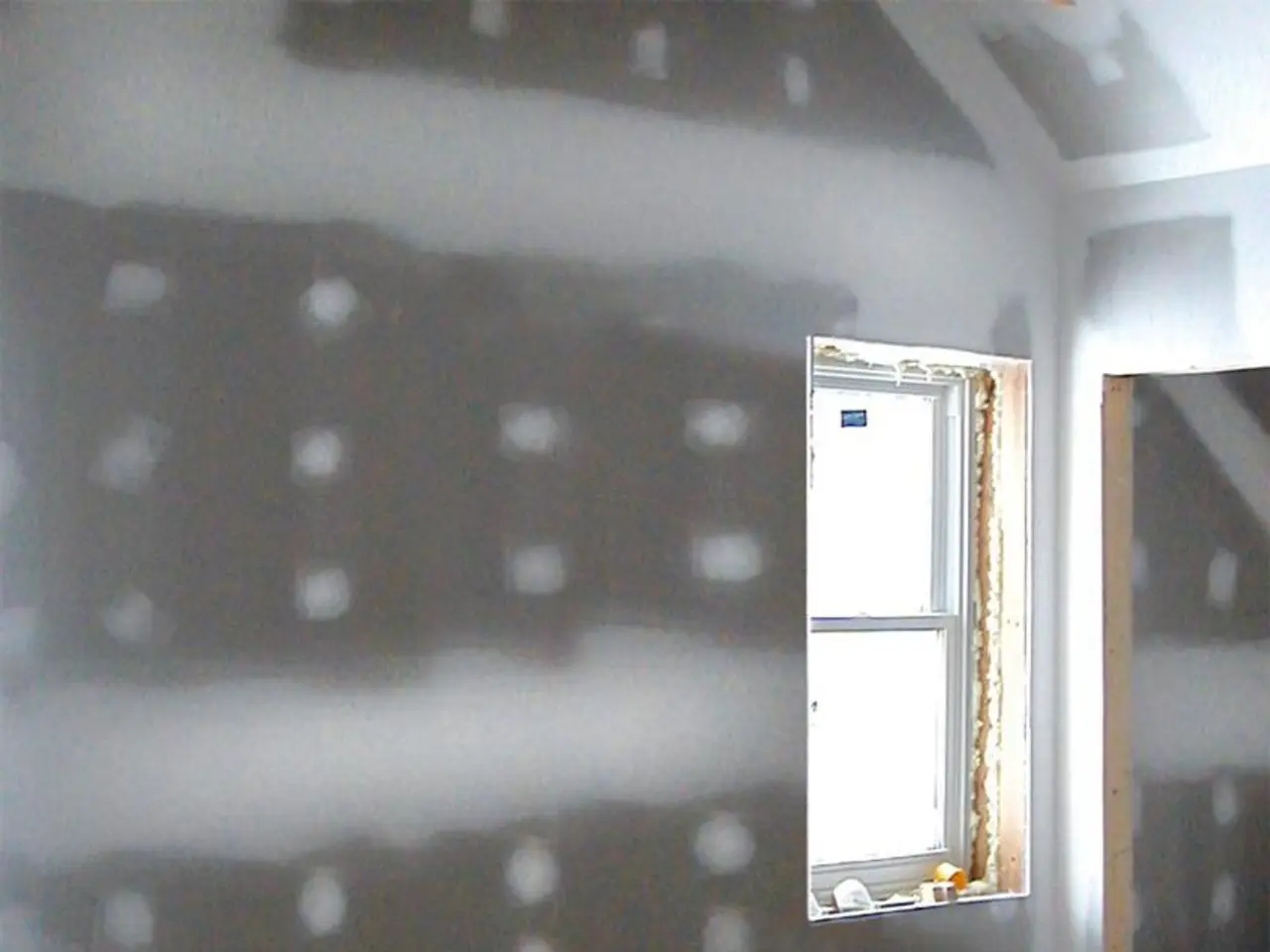Preparation Necessary for European Security in the Absence of U.S. Protection
European leaders are grappling with the challenge of building a continental defense due to the unpredictable American president. Since Trump's return to the White House, US foreign and security policies have undergone a profound shift, making meaningful engagement with Europe difficult.
The urgent pressure to rebuild European security is a result of Russia's illegal annexation of Crimea and invasion of Ukraine. This has led to a divergence in interests between the US and Europe, with Trump openly siding with Putin on Ukraine, launching a trade war against allies, undermining international organizations, and supporting Europe's illiberal political forces.
In response, key elements of the strategies for building a continental defense architecture in Europe independent of American support focus on significantly enhancing European defense spending, deepening industrial and technological consolidation, and fostering strategic autonomy through innovation hubs and cooperative frameworks.
One of the most significant developments is the European Council's approval of an €800 billion defense package called ReArm Europe in March 2025. This allows EU member states to increase defense budgets by up to 1.5% of GDP over four years, amounting to about €650 billion, complemented by €150 billion from a new EU borrowing program (SAFE) to support defense loans and investment.
Another crucial aspect is the consolidation of Europe’s fragmented defense sector. Proposals call for increasing annual defense R&D funding to at least €100 billion and advancing multinational projects like the Future Combat Air System (FCAS). European nations aim to develop sovereign supply chains for critical technologies while continuing selective partnerships where necessary.
New centralized hubs like the Indra Technology Hub in Spain (opening 2026) and Germany’s Digital Hub Security & Defense in Munich are designed to foster innovation, civil-military collaboration, and the digital transformation of defense capabilities. These hubs aim to accelerate Europe’s ability to innovate in autonomous systems, AI, cyber defense, and space technologies, becoming centers of gravity for continental defense cooperation.
Although defense remains mostly a national competence within the EU, efforts exist to empower EU-level institutions to coordinate funding and procurement. Increasing protectionist measures ensure procurement benefits EU members first, though collaboration with trusted partners (including some American companies now entering European partnerships) continues pragmatically.
The NATO summit held in The Hague on 24-25 June 2025 reaffirmed the alliance's role as the primary framework for European security. However, the declaration adopted in The Hague reiterated the "ironclad commitment to collective defense" as enshrined in Article 5 of the Washington Treaty, indicating a continued reliance on NATO.
The EDC, a plan for organizing European security through closer continental collaboration, was signed by the six founding European Community members in 1952 but never materialized. The EDC's weakness in today's context is its integration with NATO, assuming a strong and committed America as the key defense partner. The EDC could potentially be reactivated through new ratifications in French and Italian parliaments, as argued by Federico Fabbrini in 2024.
In conclusion, Europe is shifting from reliance on NATO and the US towards a more integrated and autonomous European defense posture, fostered by centralized funding, technological innovation, and industrial consolidation. By preparing to conceptualize European security without America, Europe seeks a credible defense architecture capable of independently addressing its security needs.
The European Council's approval of an €800 billion defense package, known as ReArm Europe, marks a significant step towards establishing a continental defense architecture independent of American support, with EU member states increasing their defense budgets and utilizing a new EU borrowing program to support defense loans and investment. The consolidation of Europe’s fragmented defense sector, including the creation of innovation hubs like the Indra Technology Hub in Spain and Germany’s Digital Hub Security & Defense in Munich, is crucial in fostering technological autonomy and accelerating Europe’s ability to innovate in defense technologies.
In response to the unpredictable American president and a divergence in interests between the US and Europe, European leaders are focusing on strategies that aim to create a credible defense architecture capable of independently addressing European security needs, such as enhancing European defense spending and deepening industrial and technological consolidation through innovation hubs and cooperative frameworks.








